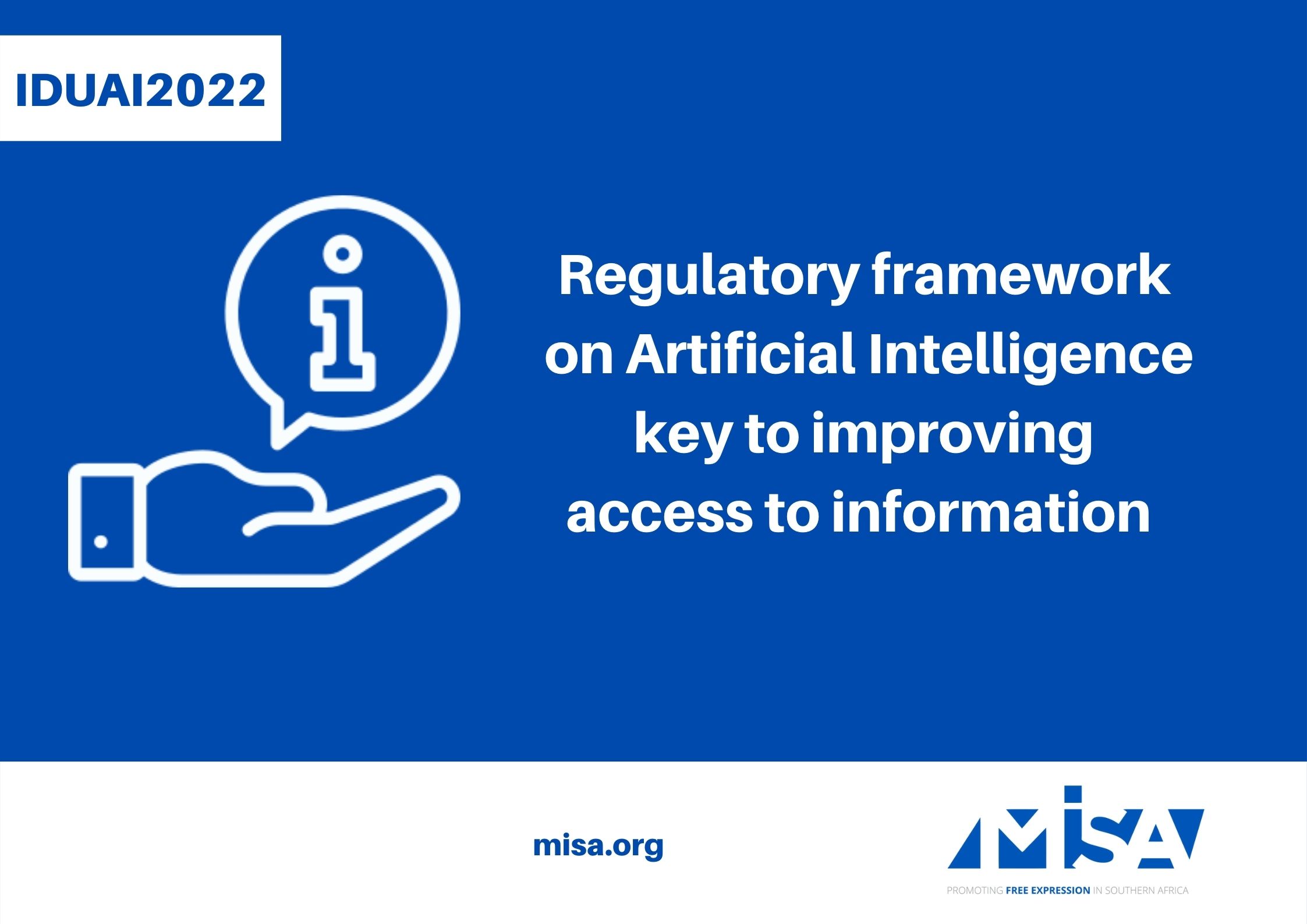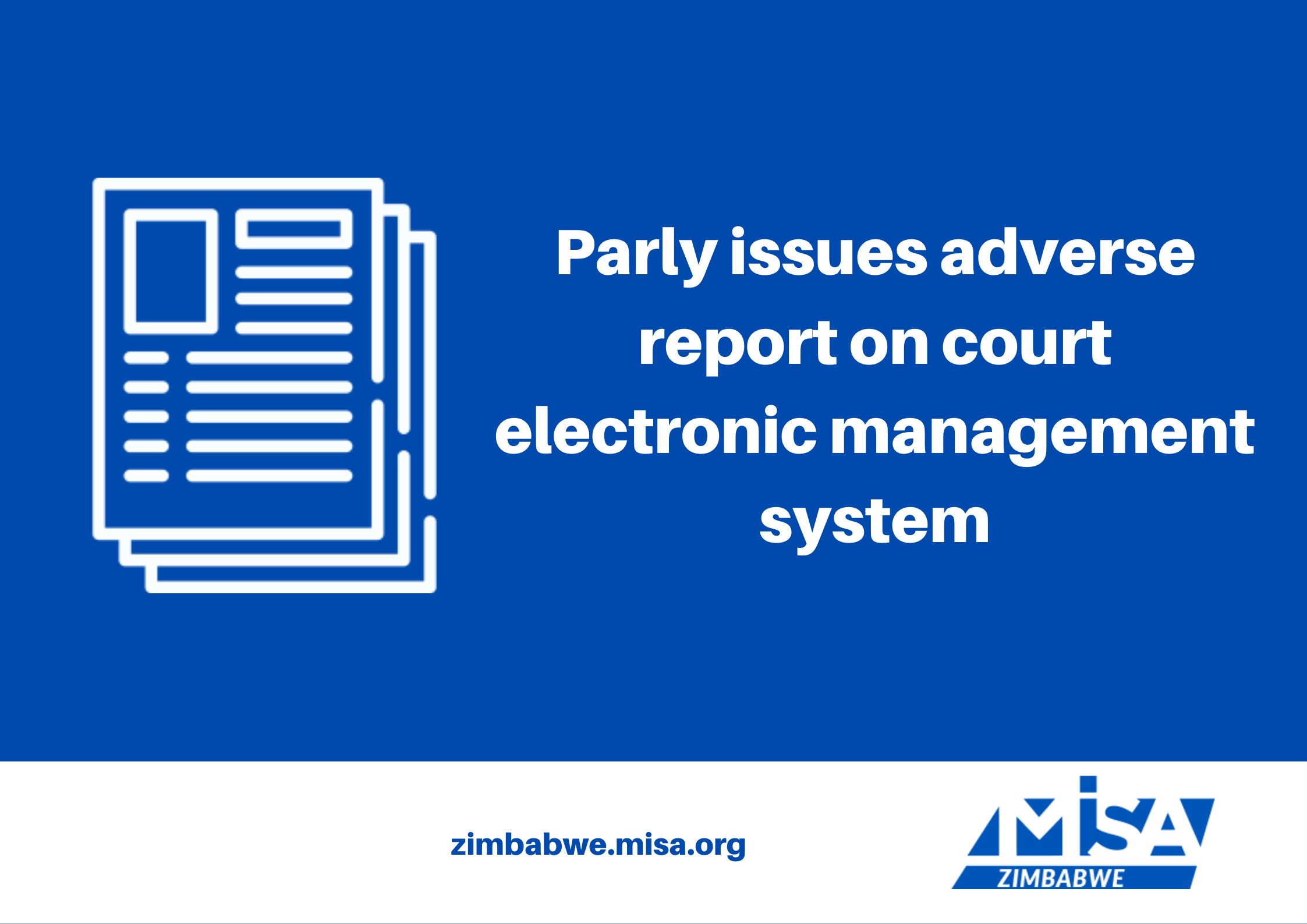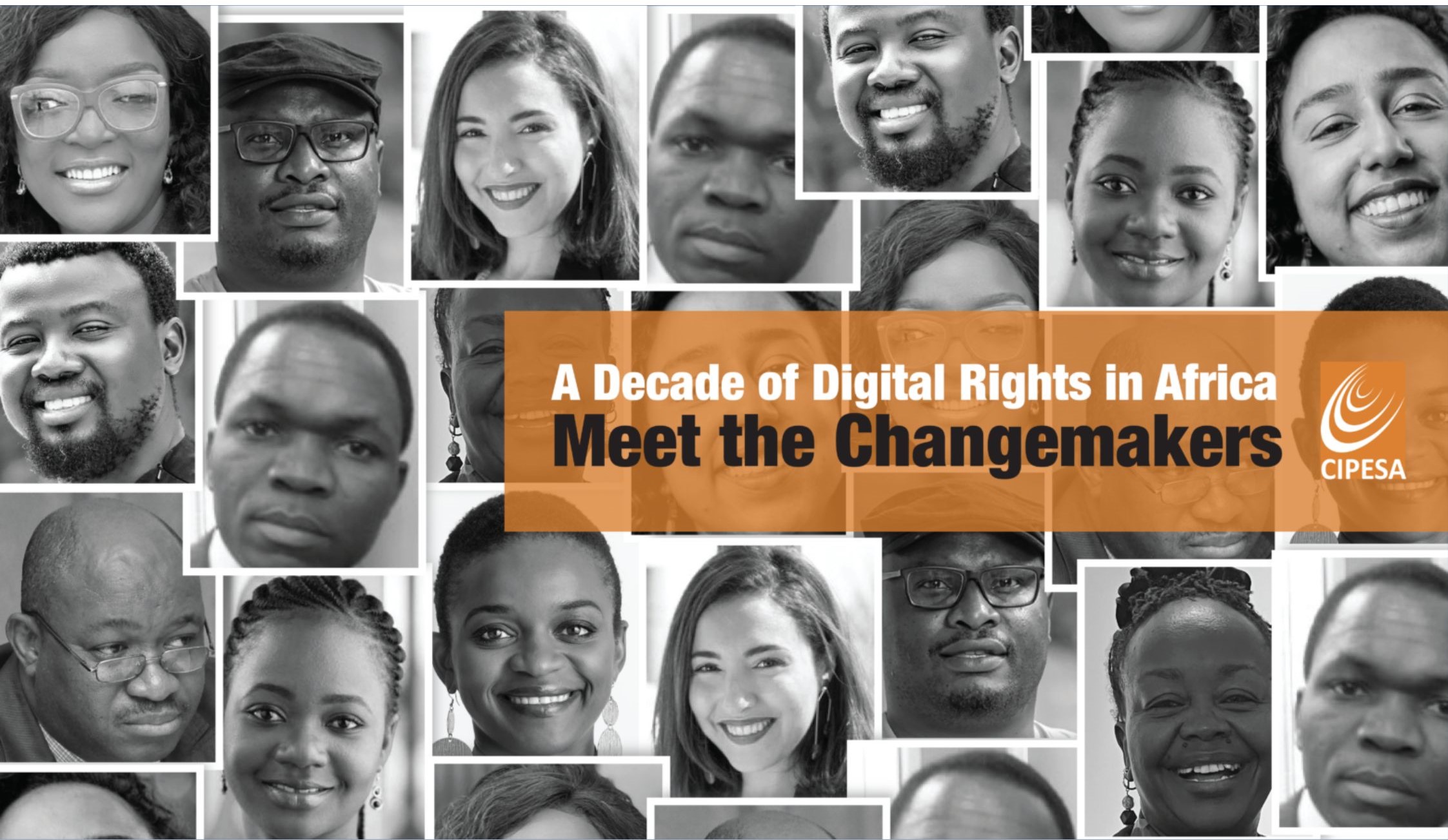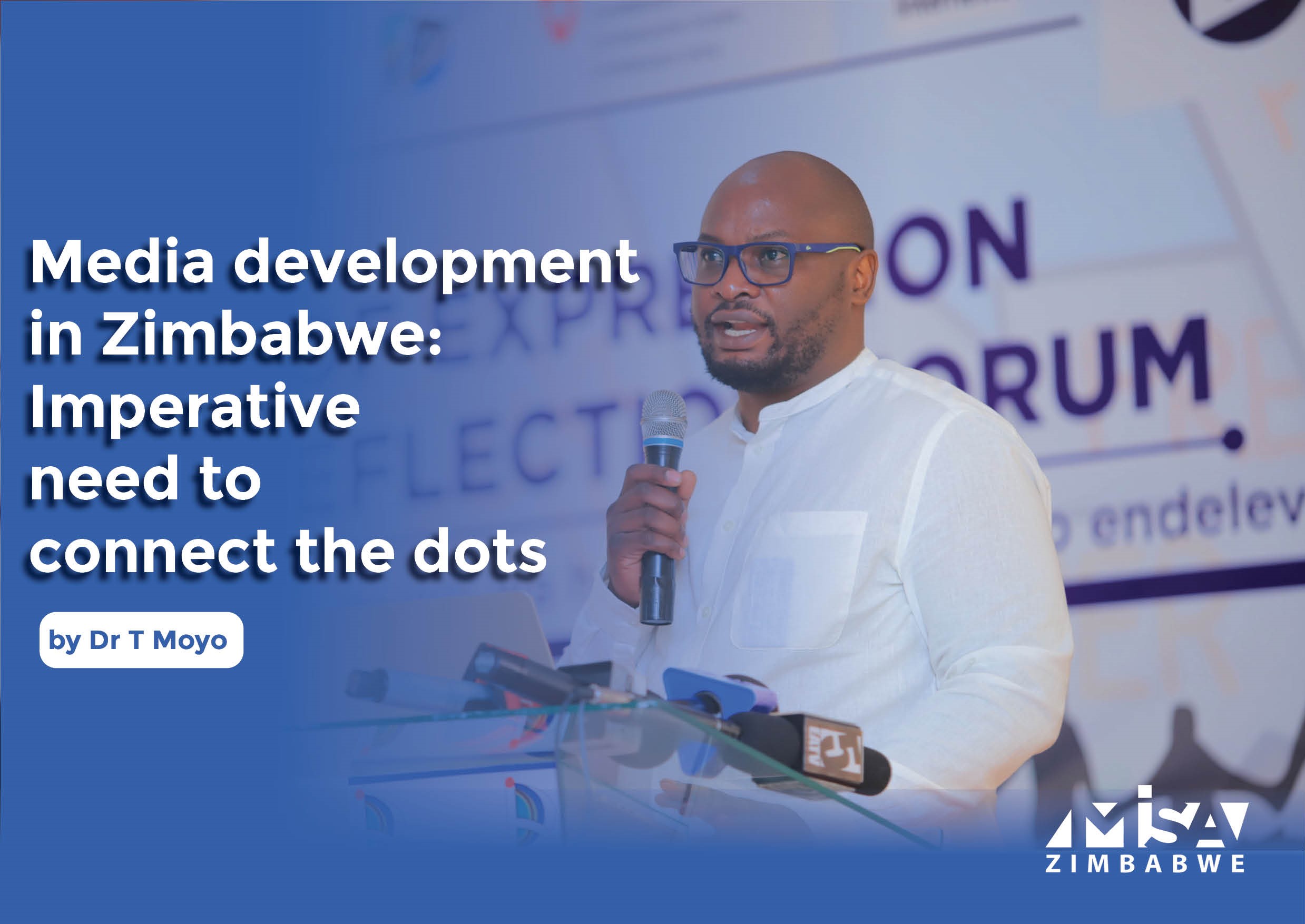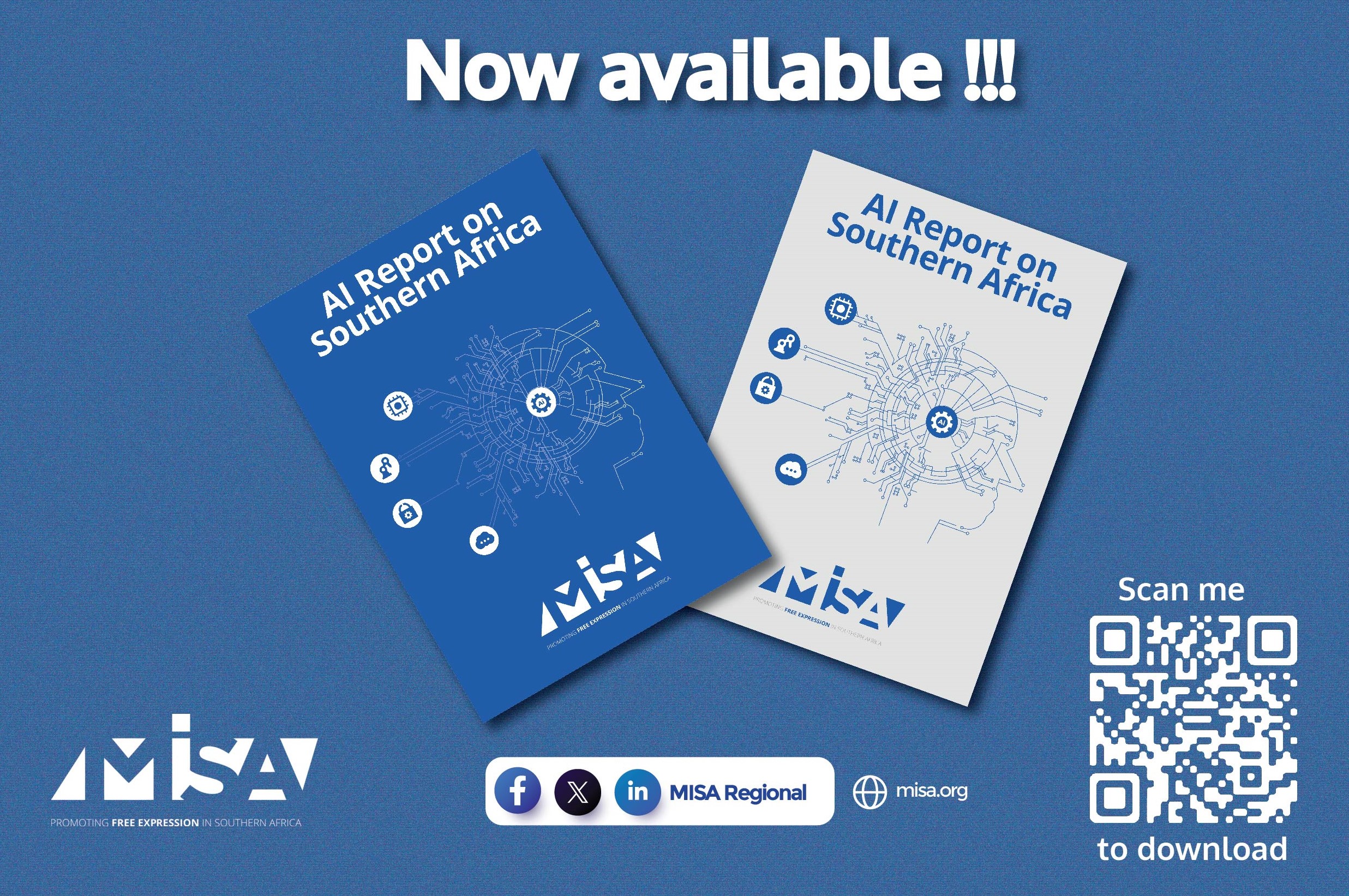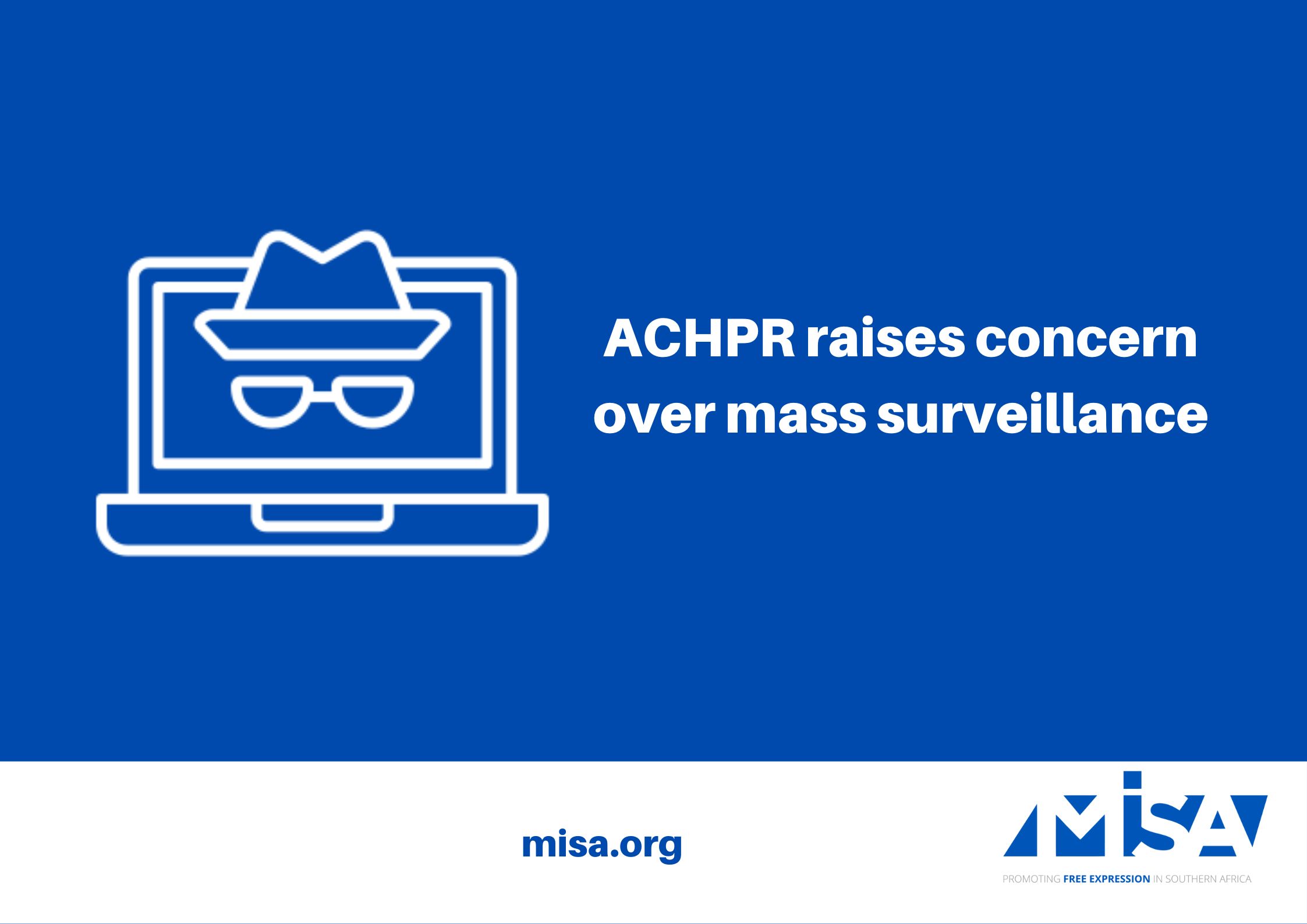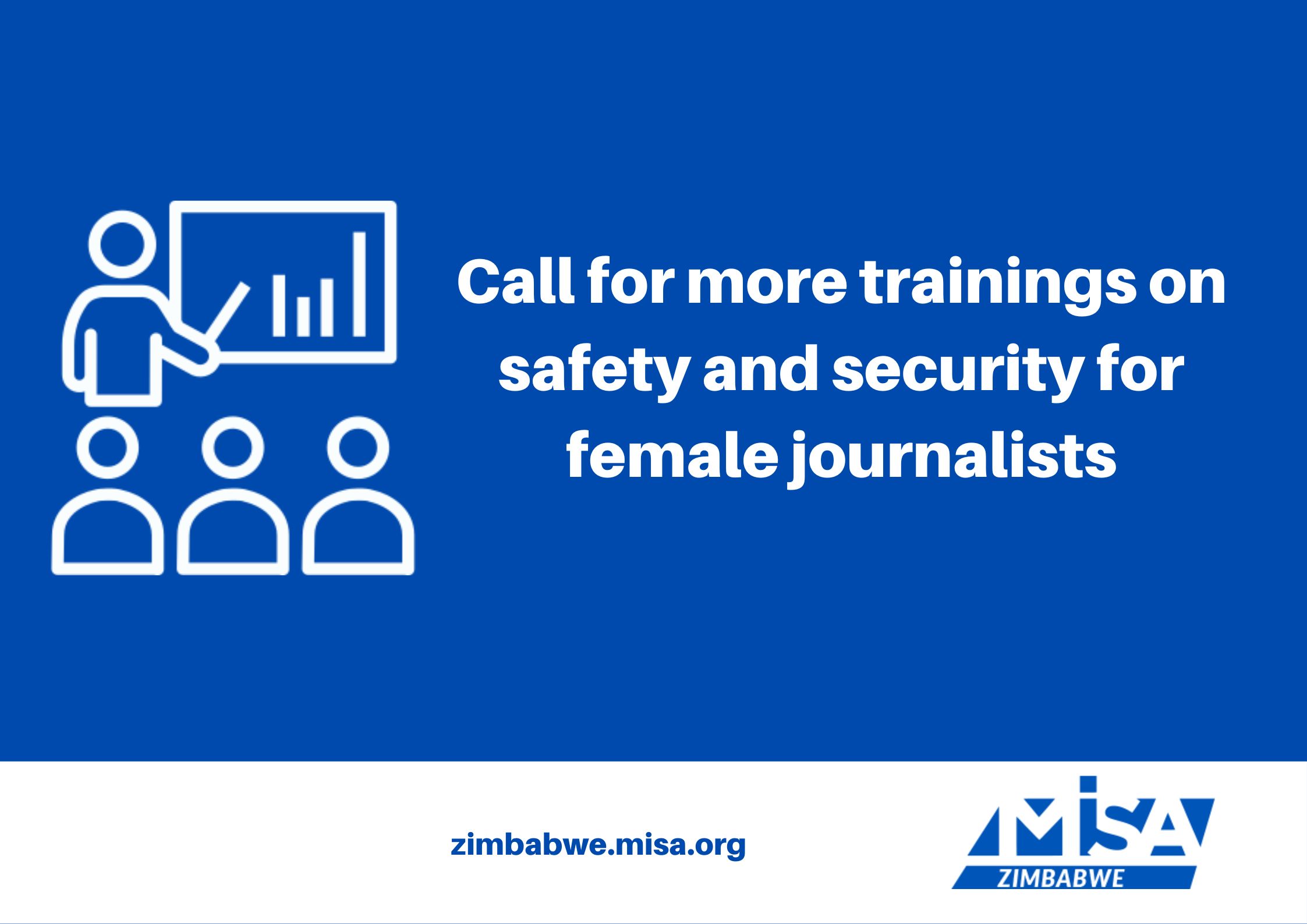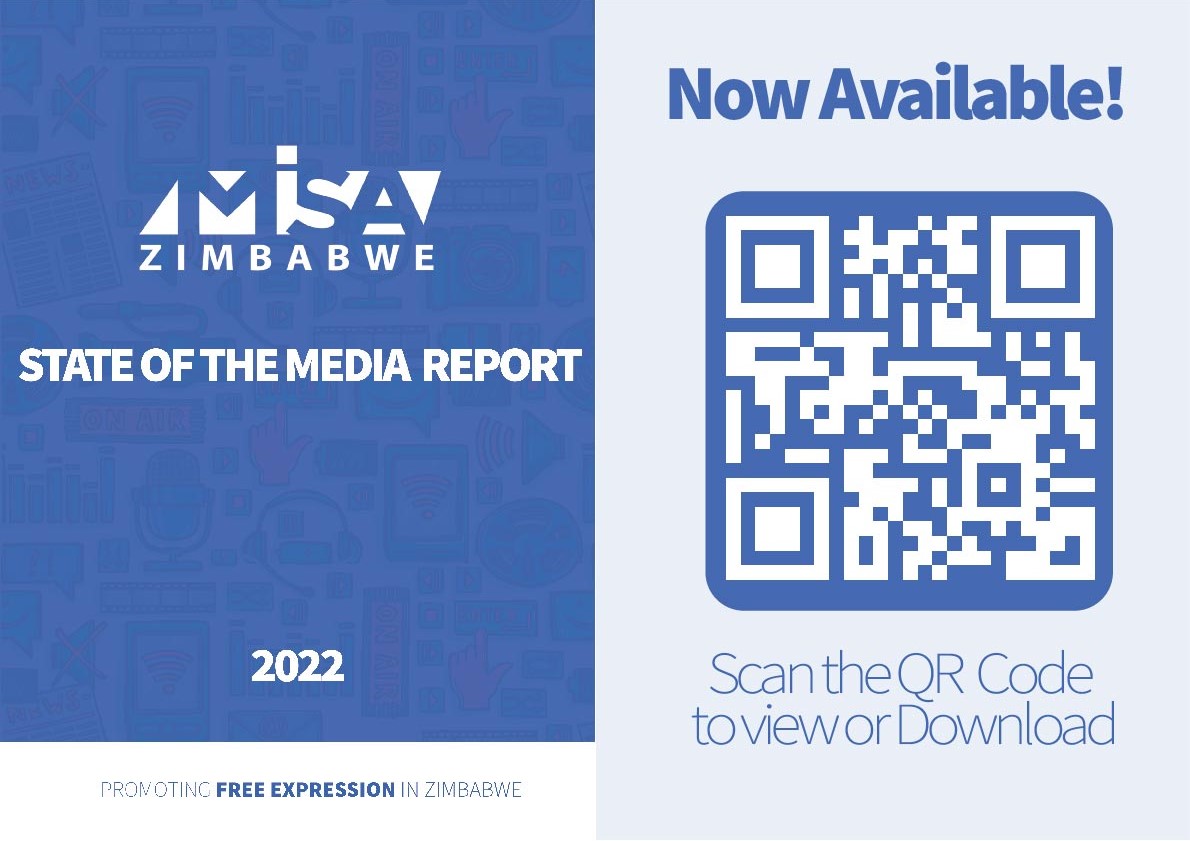28 September 2022
The past few years have witnessed unprecedented technological growth, particularly regarding artificial intelligence (AI) and machine learning.
While Africa in general, and Southern Africa, in particular, have lots of ground to cover and catch up with technological advances, this is an opportune time for the region to come up with a framework that will allow for AI to improve access to information and freedom of expression.
In the past few years, there has been a flurry of countries introducing cyber security and data protection laws, but these are thin on regulations on AI and machine learning, raising the need for Southern Africa to develop progressive policies on these technologies and how they solve human challenges.
While AI has the capacity to improve lives, it also poses significant dangers in terms of the right to privacy. This, therefore, raises the need to come up with policies that stimulate innovations while protecting fundamental human rights.
As Africa catches up with the rest of the world, there is a need for a human-rights-based approach to developing AI policies that promote access to information and improved e-Governance.
The theme for this year’s International Day for Universal Access to Information – Artificial Intelligence, e-Governance and Access to Information – is, therefore, apt.
The theme reminds us that AI is not just about gathering data, but that the core of it is enhancing human capabilities and creativity to spur economic and democratic growth.
While policies on AI will inevitably be crafted, MISA takes this opportunity to remind regional governments that any policy development should be inclusive and that AI should not be seen as a means to snoop on citizens’ communication, undermine the right to privacy and frustrate access to information.
Where governments acquire AI – for example for security reasons – they should do it in a transparent and inclusive manner.
As we have seen in recent years, a number of countries in Southern Africa have acquired AI and software that allow them to snoop on their citizens’ communications. This has a chilling effect on the right to privacy, freedom of expression and of association.
On this International Day for Universal Access to Information, we therefore reiterate the importance of transparency whenever AI tools are acquired.
In terms of e-Governance, it is now imperative that Africa comes up with a common position on the use of AI, just as we have declarations on other principles such as the Declaration on Freedom of Expression and Access to Information and the Declaration on Internet Rights and Freedoms.
There is need for states to consult widely whenever they are drafting AI policies, and such consultations should include academia, civil society, business and ordinary citizens. The process should embrace a multi-stakeholder approach.
Policies should ensure that AI is used to promote access to information, improve citizen inclusion, particularly in under-represented communities, and also enhance e-governance.
In addition, governments should adopt open data policies, which support transparency, innovation and e-governance.
MISA Regional Statement on International Day for Universal Access to Information
Golden Maunganidze
Chairperson
MISA Regional Governing Council




